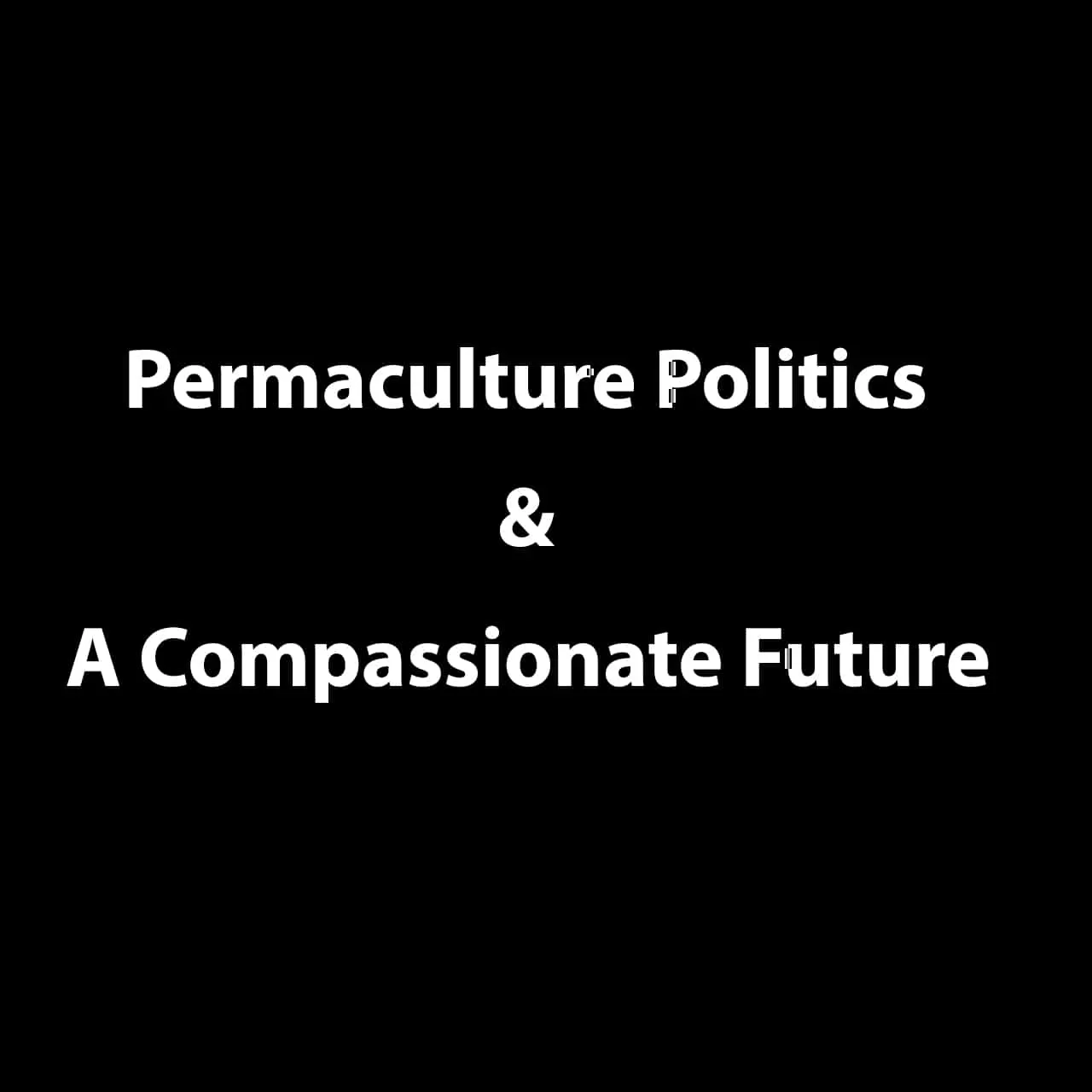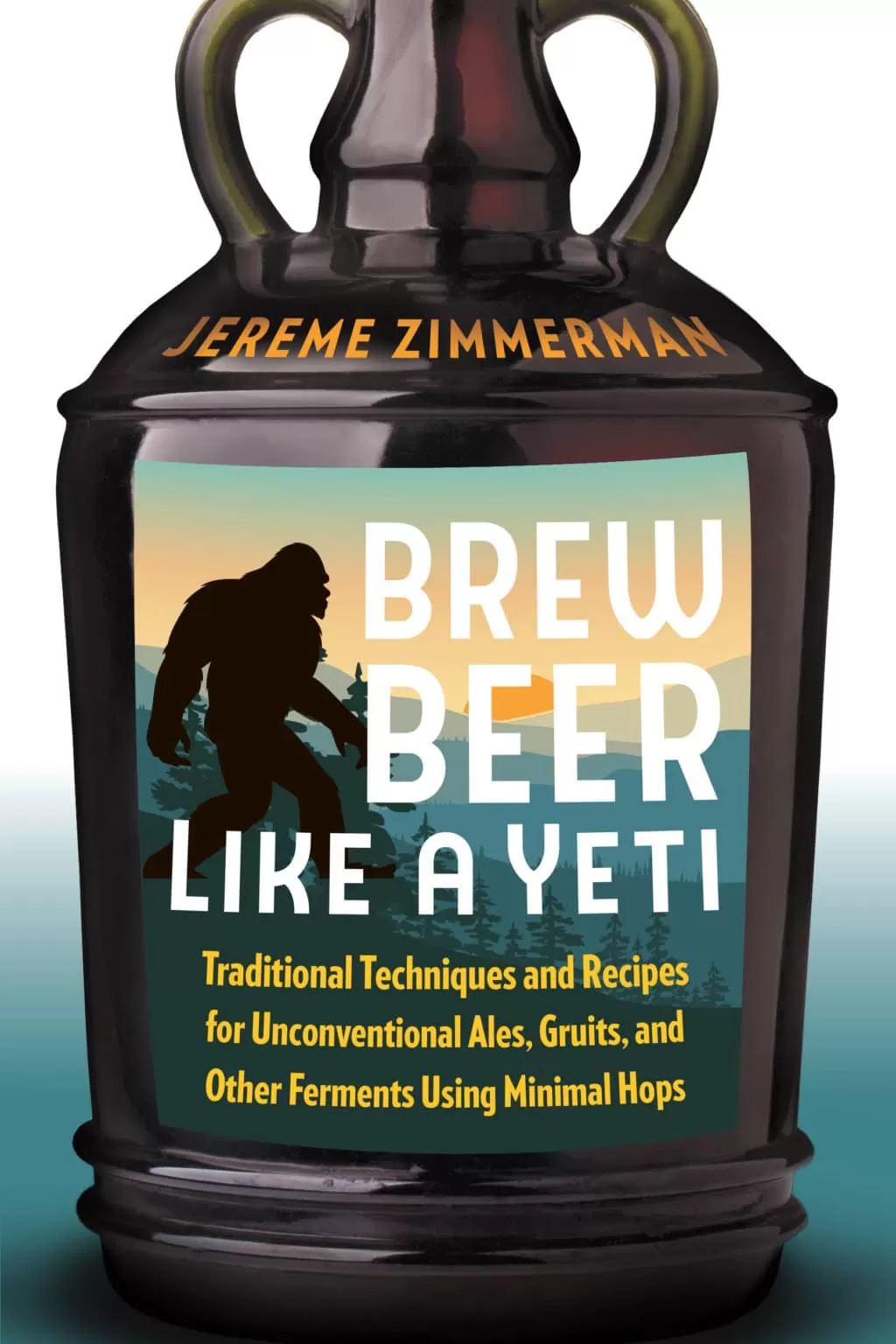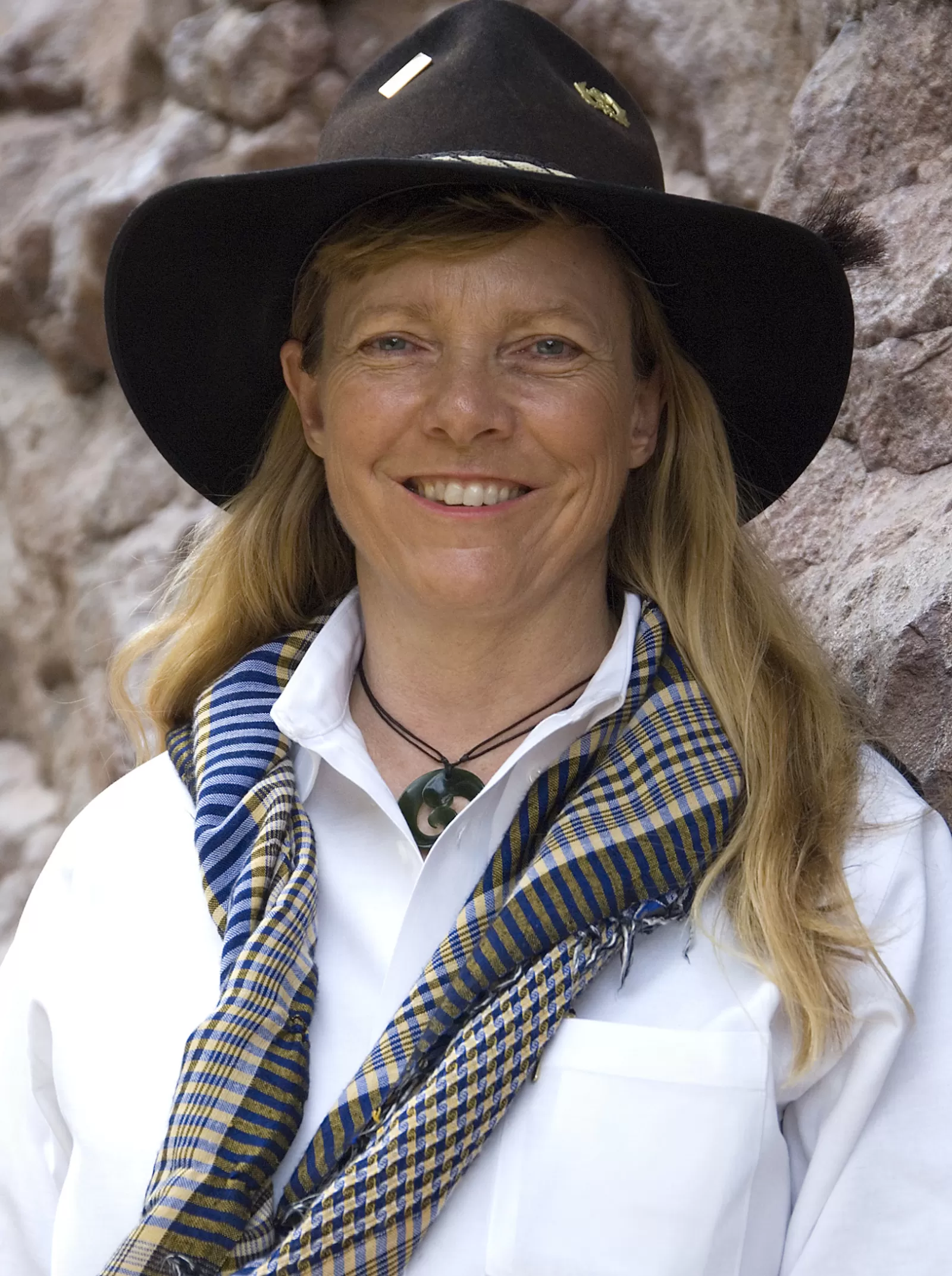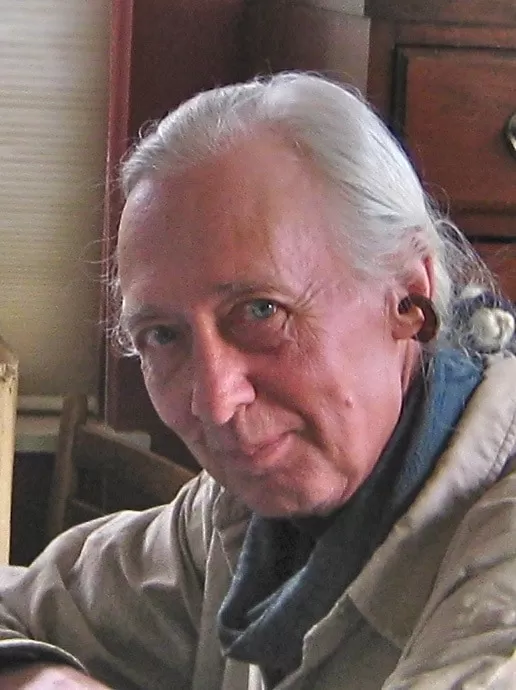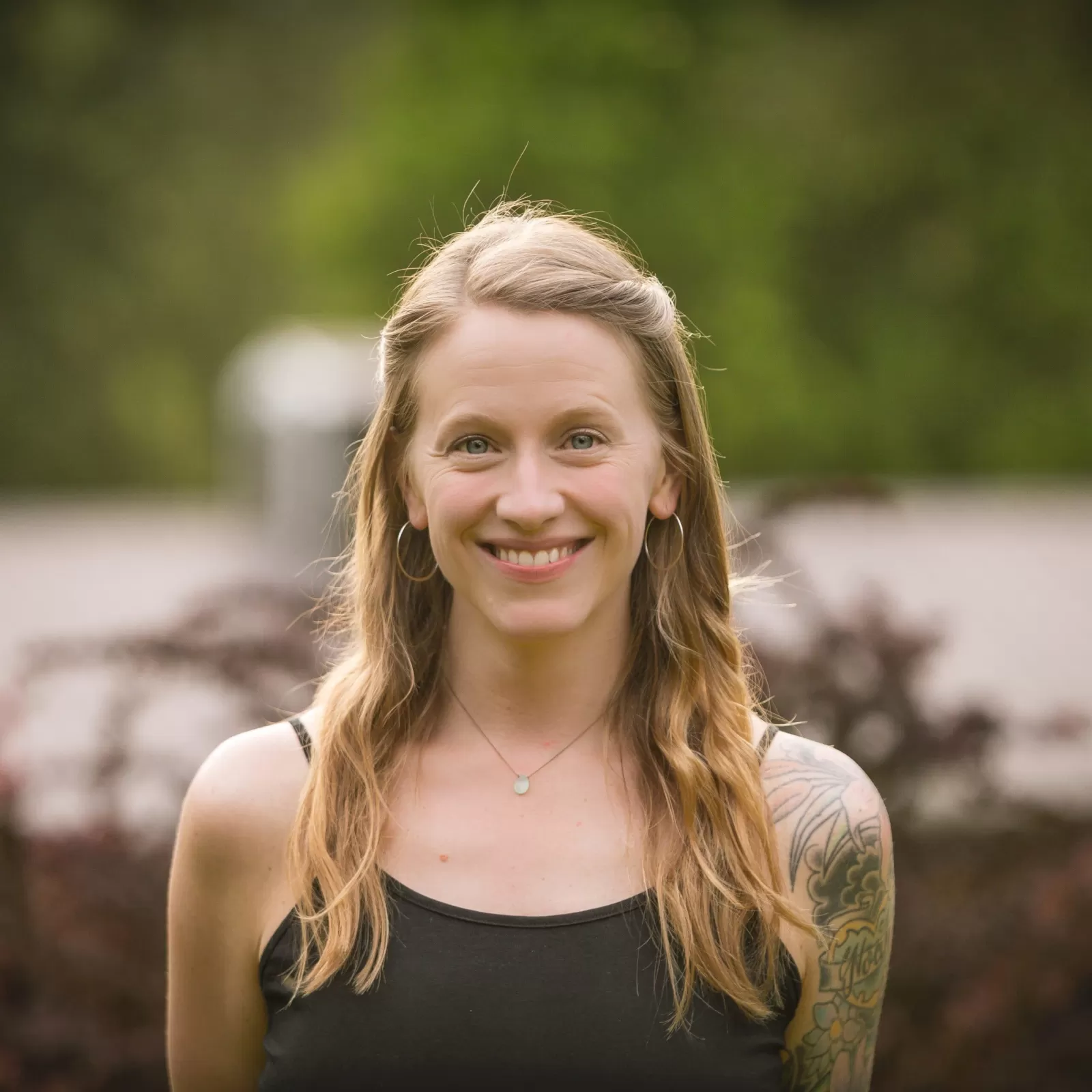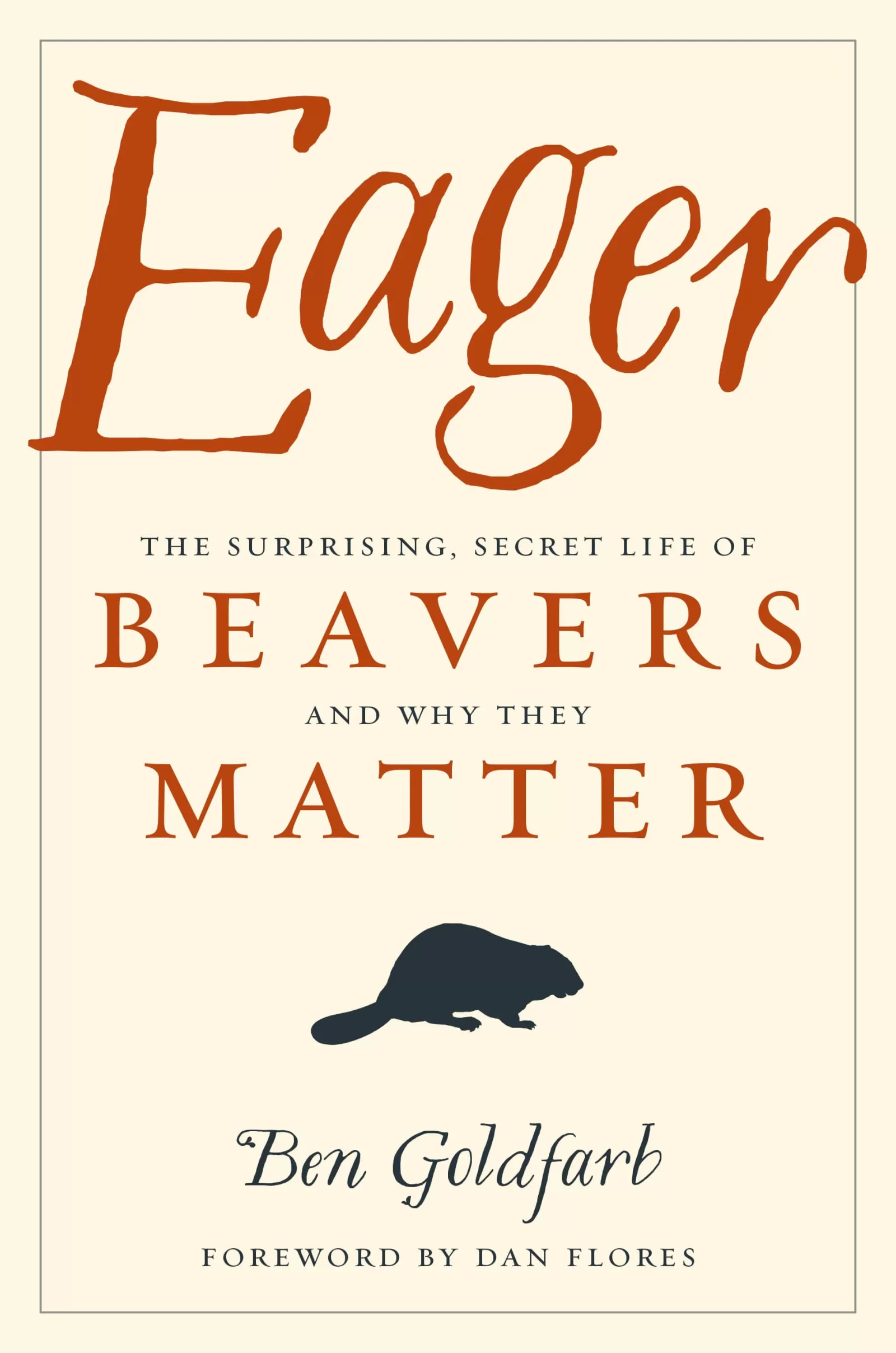Kanyon Coyote Woman - Indian Canyon, Decolonizing, and Indigenous Value Systems

In this episode co-host David Bilbrey sits down with the teacher, activist, and permaculture practitioner Kanyon Sayers-Roods, also known as Coyote Woman, to talk about her work on the land at Indian Canyon, California to educate and inspire others in their understanding of the natural world, the connections between individuals and communities, and what we can do to approach our interactions with humility.
During their conversation Kanyon and David also touch on the history of Indian Canyon and the role this location had for native peoples of California, being thoughtful with our words and actions, and considering the impacts our choices have on ourselves, our descendants, and the land.
Find out more about Kanyon’s work at indiancanyonlife.org.
There is a lot to unpack from this conversation, with more emerging with each additional listen. I realized that my thoughts on what was expressed could easily take an hour or more to explore all the threads and thoughts that Kanyon raised, so I’ll try to keep this shorter than that. A piece that continues to resonate is what we can do to ask better questions and seek deeper understanding. I hear this in Kanyon’s words when talking about the role of cultural recognition and identity and asking from a place of humility. To know the history of the land beyond the physical impacts of industry or previous development, but also of those who called that land home and how they got there. To recognize the distinction of being native to a place versus being indigenous to it. One of the reasons I found permaculture appealing decades ago was that as Bill wrote about the foundational ideas in the Designers’ manual, something that stood out was that what we are doing in our thought and design processes to look for what we can give and then receive in return. We build relationships in reciprocity. Let’s take that a step further and deepen our work to honor and respect those people who came before us and how they knew and worked the land. We have a lot to learn and a lot to share.
What are your thoughts after hearing this interview with Kanyon? Leave a comment below.
Resources
Indian Canyon Life
Kanyon Sayers-Roods
Kanyon Konsulting
Dawes Act of 1887




